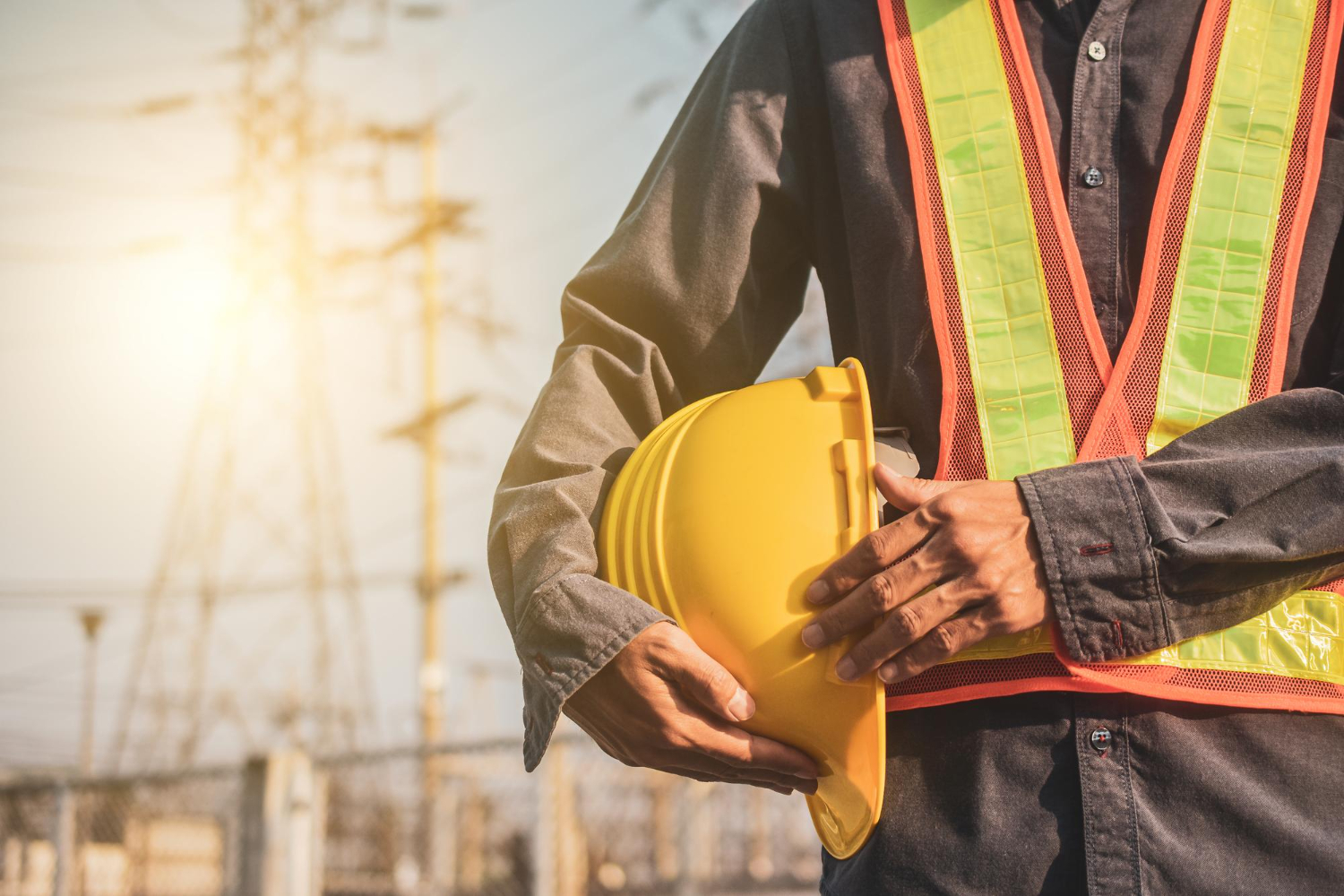
The artificial intelligence in construction market is experiencing unprecedented growth, transforming how buildings and infrastructure projects are planned, executed, and maintained. Industry analysts project the AI construction market will surge from $11.10 billion in 2025 to $24.30 billion by 2030, representing a remarkable 16.9% compound annual growth rate.
Market Growth Drivers and Industry Transformation
The construction industry stands at a pivotal moment as artificial intelligence revolutionizes traditional practices. Several key factors fuel this explosive market expansion, reshaping how contractors and builders approach their projects.
Labor shortages plague the construction sector worldwide, creating urgent demand for automated solutions. AI-powered systems fill critical gaps by handling labor-intensive tasks, enabling companies to complete projects faster with fewer workers. This technological shift addresses one of the industry’s most pressing challenges while improving overall productivity.
Regulatory requirements continue tightening around safety standards and emissions reporting. Construction firms increasingly adopt AI-based monitoring systems to maintain compliance with evolving regulations. These intelligent platforms automatically track safety violations and generate required documentation, reducing administrative burden while enhancing workplace protection.
Safety and Risk Management Innovation
Worker safety represents the fastest-growing application segment, projected to expand at 39.2% CAGR through 2030. Construction sites remain inherently dangerous environments, with AI technologies providing unprecedented visibility into potential hazards.
Computer vision systems monitor job sites continuously, detecting when workers lack proper protective equipment or enter restricted zones. These AI-powered cameras analyze live video feeds in real-time, alerting supervisors immediately when safety violations occur. The technology identifies unsafe behaviors before accidents happen, dramatically reducing workplace injuries.
Predictive analytics examine historical incident data, environmental conditions, and work patterns to forecast high-risk situations. Project managers use these insights to implement targeted preventive measures, proactively addressing dangers rather than reacting after incidents occur.
Predictive Maintenance and Equipment Management
AI algorithms transform equipment maintenance from reactive to predictive, extending machinery lifecycles while preventing costly downtime. Sensors embedded in construction equipment constantly monitor performance metrics, detecting anomalies that signal impending failures.
Machine learning models analyze this sensor data alongside environmental conditions and usage patterns. The systems diagnose issues and recommend preventive maintenance before critical breakdowns occur, allowing managers to schedule repairs during planned downtime rather than emergency situations.
This predictive approach saves construction companies substantial costs while improving project timelines. Equipment remains operational longer, reducing rental expenses and avoiding delays caused by unexpected machinery failures.
Autonomous Equipment and Robotics Integration
The construction industry increasingly deploys autonomous equipment to handle repetitive and physically demanding tasks. AI-powered robots perform bricklaying, welding, painting, and material handling with precision exceeding human capabilities.
These intelligent machines work continuously without fatigue, accelerating project completion while maintaining consistent quality. Autonomous equipment proves particularly valuable for dangerous tasks, removing workers from hazardous situations while maintaining productivity.
Construction firms also utilize AI-enabled drones for site surveying and progress monitoring. These flying robots capture detailed aerial imagery, which AI systems compare against building information models to identify discrepancies and ensure work proceeds according to specifications.
Regional Market Dynamics and Growth Patterns
North America currently dominates the AI construction market, leveraging established technology infrastructure and substantial capital investment. However, the Asia Pacific region demonstrates the fastest growth trajectory, projected to expand at 33.5% CAGR through 2030.
Massive infrastructure spending across Asian economies drives this accelerated adoption. Countries like India and China invest heavily in smart city development, creating enormous demand for AI-powered construction solutions. Government policies supporting digital transformation further accelerate technology implementation across the region.
European markets focus heavily on sustainability applications, using AI to optimize energy efficiency and reduce construction waste. Middle Eastern countries deploy AI extensively in mega-projects, leveraging the technology for complex coordination across massive developments.
Project Management and Cost Optimization
AI platforms revolutionize how construction projects are planned and managed. These intelligent systems analyze historical data from thousands of completed projects, identifying patterns that inform realistic scheduling and budget forecasting.
Machine learning algorithms predict potential delays by examining factors including weather patterns, material availability, labor productivity, and subcontractor performance. Project managers receive early warnings about timeline risks, enabling proactive adjustments that keep projects on track.
Cost estimation accuracy improves dramatically through AI analysis of material prices, labor rates, and equipment requirements. The technology reduces budget overruns by identifying potential cost escalations before they materialize, allowing teams to implement mitigation strategies early.
Future Market Trajectory and Investment Trends
The AI construction market’s robust growth reflects fundamental industry transformation rather than temporary hype. Construction technology startups raised over $8 billion in 2024, signaling strong investor confidence in the sector’s digital future.
Major construction firms partner with AI specialists to develop customized solutions addressing specific operational challenges. These collaborations accelerate innovation while ensuring technologies meet real-world construction needs.
Industry leaders predict AI integration will become standard practice across all project sizes by 2030. The technology’s proven ability to improve safety, reduce costs, and accelerate timelines makes adoption increasingly inevitable for competitive construction firms.
Cover the latest EHS news updates with a single click. Follow DistilINFO EHS and stay ahead with updates. Join our community today!


Leave a Reply